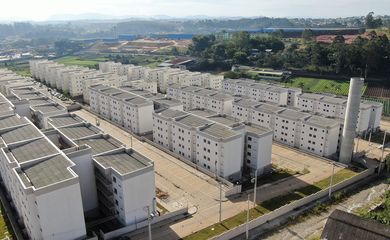Brazil aims to expand use of nuclear energy

At the latest United Nations Climate Conference, COP28, in Dubai, a group of 22 countries pledged to triple nuclear power generation by 2050. The push is a way of contributing to decarbonization and curbing climate change. Nuclear energy is considered clean because plants do not emit greenhouse gases.

Worldwide, 58 reactors are under construction across 17 countries. The nations with the highest number of construction projects are China (22), India (8), and Turkey (4). Across Europe, 13 are being prepared, compared to three in the Americas.
Brazil is not a signatory to the COP28 agreement, but is seeking to expand nuclear generation with the construction of the Angra 3 plant on the south coast of Rio de Janeiro.
Once operational—which should not be the case until 2030—Angra 3 is expected to have a capacity of 1,405 megawatts (MW) and be able to generate over 12 million megawatt-hours a year—enough to meet the consumption needs of 4.5 million people.
Two plants are currently in operation in Brazil: Angra 1 and Angra 2, in Angra dos Reis, Rio de Janeiro state. The facilities are operated by the state-owned company Eletronuclear.
Angra 1 has been active since 1985 and is in the process of renewing its operating license for another 20 years. Boasting 640 MW of power, it generates enough energy to supply a city of 2 million residents.
Taken together, the two account for approximately two percent of Brazil’s electricity consumption. Despite being located in Rio de Janeiro, the energy produced by the plants is not necessarily consumed in the state.
Even though generation is relatively low, Brazil is part of a select group of only three nations (along with the US and Russia) that have ore reserves, processing technology, and nuclear power plants to produce energy.
The country also has the world’s 8th largest reserves of uranium—the source of nuclear fuel—in the world. The largest is located in Australia.




